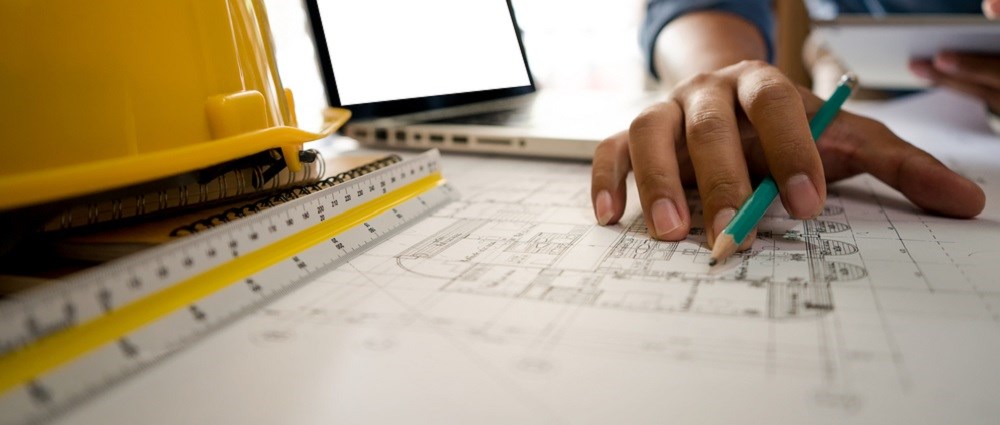House Extension Costs: A Breakdown
Across the UK, 14% of homeowners are thinking about making improvements to their home, according to a new study from Gocompare.com. And of those, 5% have decided they’ll extend their current home, rather than move to one that works better for them.
But the trend is even more apparent among people who are retired or approaching retirement. This may well be a result of the new pension freedoms that allow them to take cash out of their pots, if they want to spend it.
There are many reasons to extend your home, from making extra space for your family, to adding extra facilities that make life a bit easier, such as a downstairs bathroom.
So, if you’re planning to extend or improve your home, what kind of costs will you be looking at and what will it mean for the value of your home and your insurance? Here’s our quick guide:
What will your home improvements cost?
The first thing you’ll want to know is how much it will all cost. Every project is different and the price will obviously depend on your specific project and the spec you choose. But average prices can give you a decent starting point for budgeting.
Research from Zopa shows the average cost of a conservatory is £15,610, while an extension will cost around £30,000. Loft conversions come in at a little less – £23,700 on average – while a new bathroom costs an average of £13,460. On average, a brand new kitchen will cost £17,690.
What adds value?
A home is a home, not an investment, so improvements and extensions are about creating a space that works for you. Despite that, most people don’t want to risk spending more on their home than the property will be worth in the future – and certainly not spending money on improvements that add no value.
Nationwide’s Andrew Harvey recently blogged about the best ways to add value to a UK home. He says that adding space via an extension is a key way to add value. “As a rule of thumb, we found that a 10% increase in floor space adds about 5% to the price of a typical house. With that in mind, adding space equivalent to the size of a typical double bedroom to a two-bedroom house can add around 11% to its value.”
He also suggested that a second bathroom can add 5% to the price tag of an average home. But the biggest gains were made with loft conversions or extensions that add an extra double bedroom and bathroom.
“This can add more than a fifth (20%) to the value of a three-bedroom, one bathroom house,” Mr Harvey claimed.
The National Association of Estate Agents recently made some suggestions for home improvements that add the most value to a property without costing much. High on the list was creating the illusion of space by reorganising rooms and chucking clutter, while adding a fresh coat of paint and spending some time managing the garden can also improve value.
To add value to your home fast, read our guide to getting on top of your clutter >>
What about my home insurance?
If you’re planning a major renovation project it’s really important to review your home insurance before you start, so you can check your cover will protect you both during the work and afterwards.
Get in touch with your policy provider to make sure any building work, like scaffolding or removing windows, won’t invalidate your cover – and make sure you’ll still have sufficient cover once the work is finished. After all, if you’ve just added brand new kitchen cabinets and top-grade granite work surfaces to your kitchen, the rebuild cost of your home has just shot up. And if you’ve extended your house by another room you’ll probably be filling it with more stuff, meaning you’ll need more contents cover, too.
So, while you’re planning the work and sorting the building regs, don’t forget to make sure your home insurance is sorted, too.
Rias customer? Give us a call on 0345 234 0117 or speak to us on Live Chat on our homepage.

